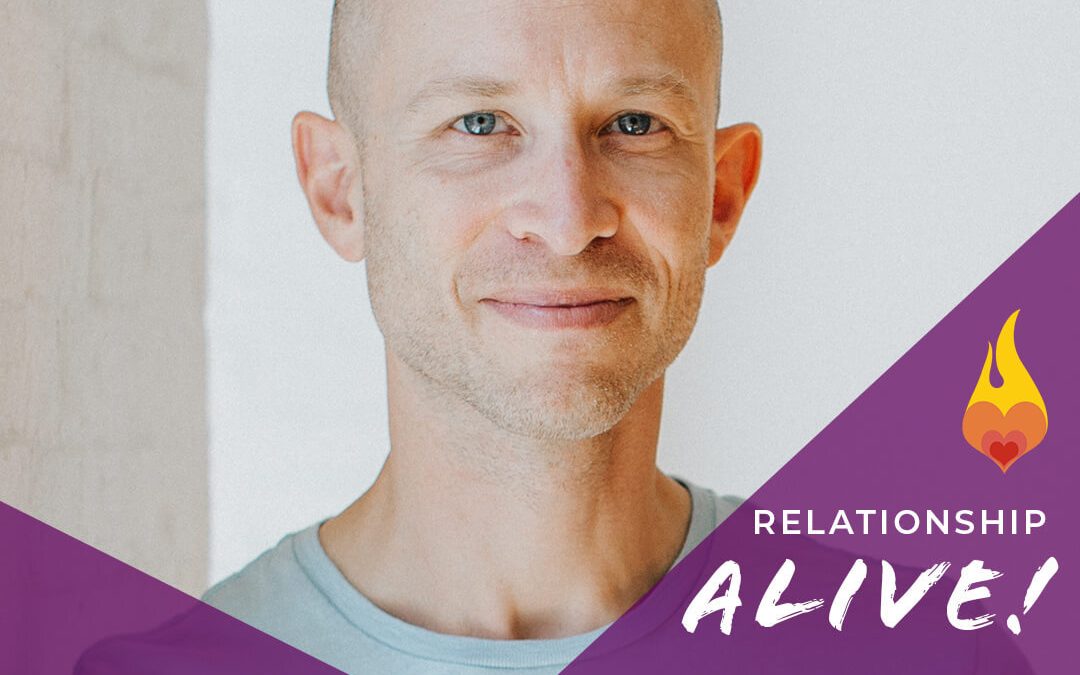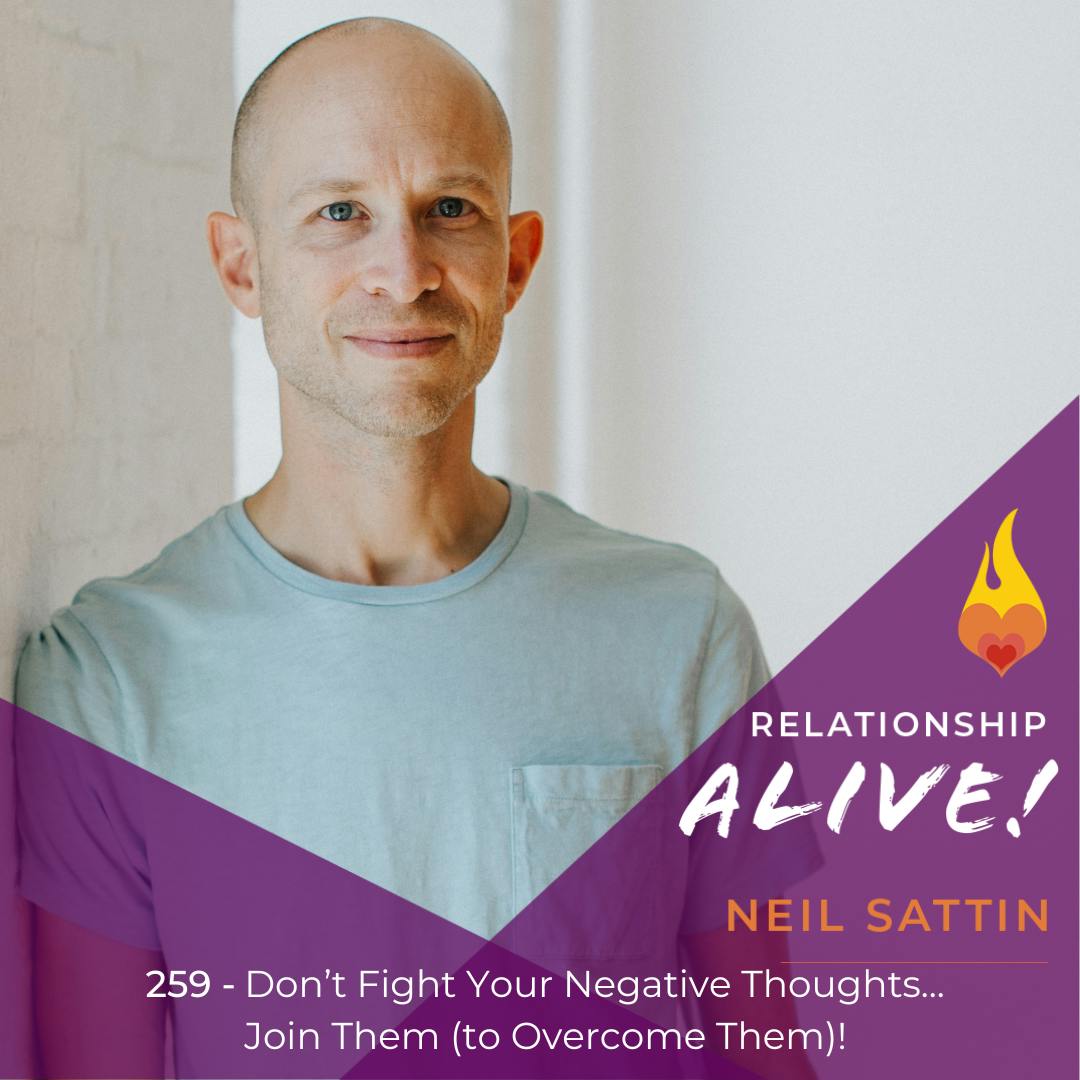How do you talk about your feelings - without your partner getting reactive and defensive? There are some common mistakes that we make when talking about our feelings that can lead to it going horribly wrong. In today’s episode, we’ll cover ways that you can adjust how you talk about your feelings so that you’ll be most likely to stay connected - even if you’re bringing up some hard stuff. And you’ll learn what to do if you notice your partner making these mistakes as well when they talk about their feelings with you.
As always, I’m looking forward to your thoughts on this episode and what revelations and questions it creates for you. Please join us in the Relationship Alive Community on Facebook to chat about it!
Resources:
Check out my Secrets of Relationship Communication COURSE for a masterclass in how to improve the communication and connection in your relationship.
I want to know you better! Take the quick, anonymous, Relationship Alive survey
FREE Guide to Neil’s Top 3 Relationship Communication Secrets
Guide to Understanding Your Needs (and Your Partner’s Needs) in Relationship (ALSO FREE)
Support the podcast (or text “SUPPORT” to 33444)
Amazing intro and outro music provided courtesy of The Railsplitters
Transcript:
Neil Sattin: Alright, alright, let's dive in to the show. How to talk about your feelings without it going horribly wrong. This is super important because the name of the game in relating is being able to stay connected, not just on an intellectual level with your partner, but on a heart level, And if you have the habit of sweeping your feelings under the rug because there's no productive way to bring them to the conversation, then that's just a recipe for disconnect down the road. I've experienced that. So I want to tell you that it is much better to be able to bring your feelings to the table and have a way to chat about them that leads to connection, that leads to solutions of problems. 'cause let's face it, most of the time when we talk about our feelings and our partner gets defensive, it's because we're communicating challenging feelings. Now, I suppose it's possible that you could be communicating something like how much you love your partner and that could somehow trigger them and make them feel defensive, like maybe if they feel like you're saying that you love them and that now you have some big expectation of them, that's possible.
Neil Sattin: Those kinds of conversations can happen a lot early in a relationship where one person is ready to take the I love you plunge before the other person is necessarily ready, so that's relevant, 'cause that's a positive feeling, but most of the time it's sharing things about feeling sad or hurt or scared or unsure or any number of uncomfortable feelings - angry. And it's important to know how to bring that to your relationship. So first, I want to cover just a few ground rules, now, these aren't necessarily all the ground rules, I did a three and half hour course on communication, so this is just going to be an episode and I do not want it to be three and a half hours long I want it to be simple and straight forward for you, so we're going to cover a few of the ground rules and how they can go wrong, and this will all make sense to you in just a moment, so first thing is... And you've probably heard this, is that you want to use I statements. I feel
Neil Sattin: And this is one of the places where we can go horribly wrong because...
Interested in reading the transcript for the rest of this episode?


